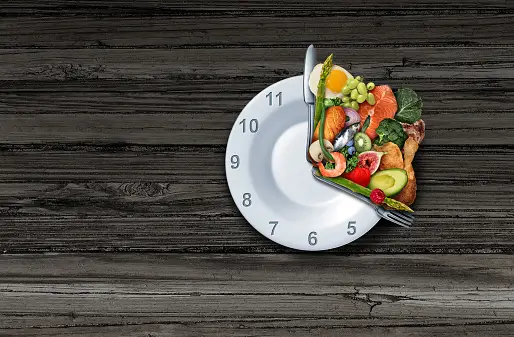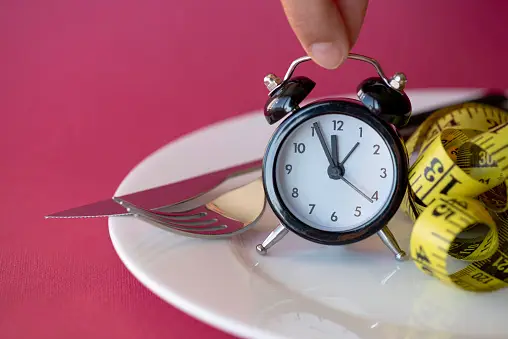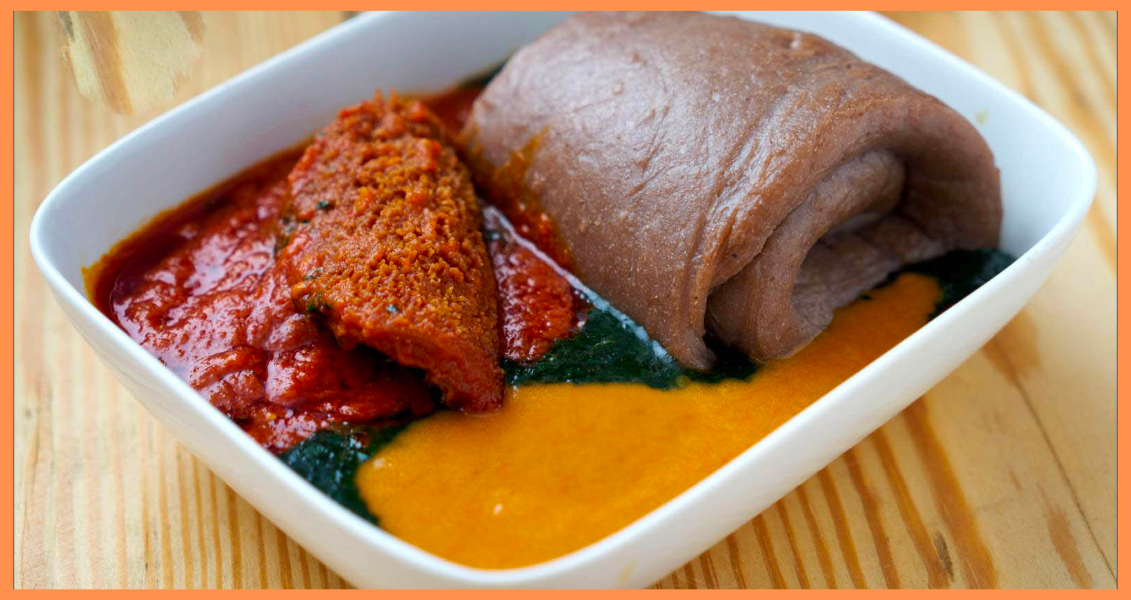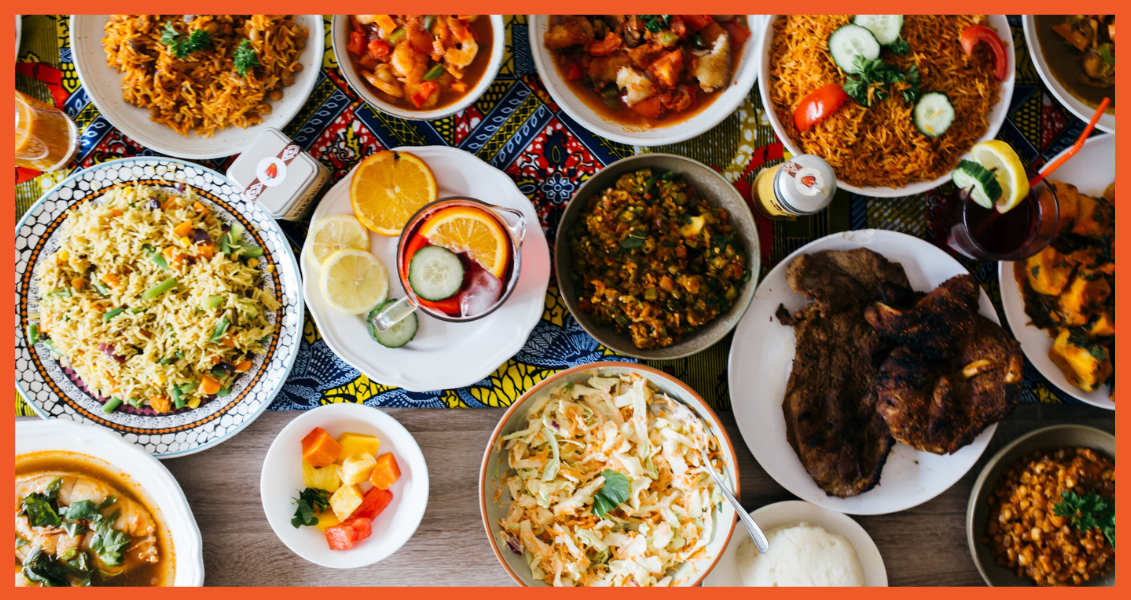
Have you ever wondered why some people eat like they’re on a mission while others seem to be on a permanent break from food? Welcome to the intriguing world of intermittent fasting! This isn’t just another diet trend; it’s a lifestyle shift that’s got everyone from celebrities to your neighbour’s grandma buzzing.

Intermittent fasting (IF) is essentially an eating pattern that cycles between periods of eating and fasting. It’s not about what you eat, but when you eat. The most popular method is the 16/8 approach, where you fast for 16 hours and eat during an 8-hour window, often skipping breakfast and eating from noon to 8 PM. Some, however, try to eat what’s meant for three days in those 8 hours. Who are we kidding, though? The point of intermittent fasting should be to cultivate self-discipline, not to test the limits of your stomach!

Benefits of Intermittent Fasting
Why the hype around intermittent fasting, you ask? Well, for starters, it’s a powerful tool for weight loss. By reducing your eating window, you naturally consume fewer calories, and your body starts burning fat for energy instead of carbs. But that’s not all. Intermittent fasting can boost your metabolism, improve cellular repair processes, and even enhance brain function. If you often find your brain feeling like it’s running on low battery, this might be the wake-up call to stay off food for a minute and give your brain a little boost. Some studies suggest that it might protect against neurodegenerative diseases and extend lifespan. Imagine living a few extra years to enjoy more good food!

Getting Started with Intermittent Fasting
Getting started with intermittent fasting is simpler than you think. Choose a method that fits your lifestyle – if you’re a night owl, the 16/8 method might be your best bet. During fasting periods, stay hydrated with plenty of water, herbal teas, or black coffee. When it’s time to eat, go for nutrient-dense foods like lean proteins, healthy fats, and lots of veggies. Most importantly, listen to your body. If you feel dizzy or weak, tweak your fasting plan. Everyone’s body is different, and what works for one person might not work for another.

Common Misconceptions About Intermittent Fasting
Now, let’s clear up some common misconceptions. Worried you’ll lose muscle? Studies show that intermittent fasting preserves muscle mass better than continuous calorie restriction. Think you’ll be hungry all the time? Many people find their hunger decreases after a few days as their bodies adapt. If you can stick with it for a few days, your body will get used to the new routine. And no, intermittent fasting isn’t just a fancy word for starving yourself. It’s about controlled and timed eating, not deprivation. Sure, it might seem impossible to imagine yourself being disciplined enough to stay away from food you love so much, but trust me, it’s totally doable if you put your mind to it. Just think of it as giving your stomach a little vacation – you’ll come back to your plate with renewed appreciation!

Celebrating Success Stories
Intermittent fasting isn’t just backed by science; it’s also celebrated by countless success stories. From local influencers and celebrities who have transformed their health with IF to regular people like you and me reclaiming their vitality, the IF community is filled with inspiring stories that you can be a part of, too. For instance, Hollywood star Hugh Jackman uses intermittent fasting to stay in top shape for his roles, while South African television presenter Bonang Matheba has shared her positive experiences with this eating pattern. Nigerian musician Banky W. also incorporates intermittent fasting into his health regimen, and actress Jennifer Aniston swears by it for maintaining her fitness. Writing about this now might just be the inspiration you need to revisit intermittent fasting, even if you’ve tried it before and found it challenging. Remember, it’s not just about looking good; it’s about feeling great, too. Embracing intermittent fasting could lead to renewed energy, better focus, and a healthier you.

Conclusion
In the end, intermittent fasting isn’t a one-size-fits-all approach. It’s important to find what works best for you and, if necessary, consult with a healthcare professional, especially if you have any underlying health conditions. Once you get the hang of it, you might find yourself with more energy, a better mood, and a healthier body. Who knew that simply changing when you eat could have such a profound impact? So, whether you’re looking to shed a few kilos, boost your brainpower, or just try something new, give intermittent fasting a shot. You might just discover a healthier, happier you – and hey, it’s always exciting to explore new possibilities!
















